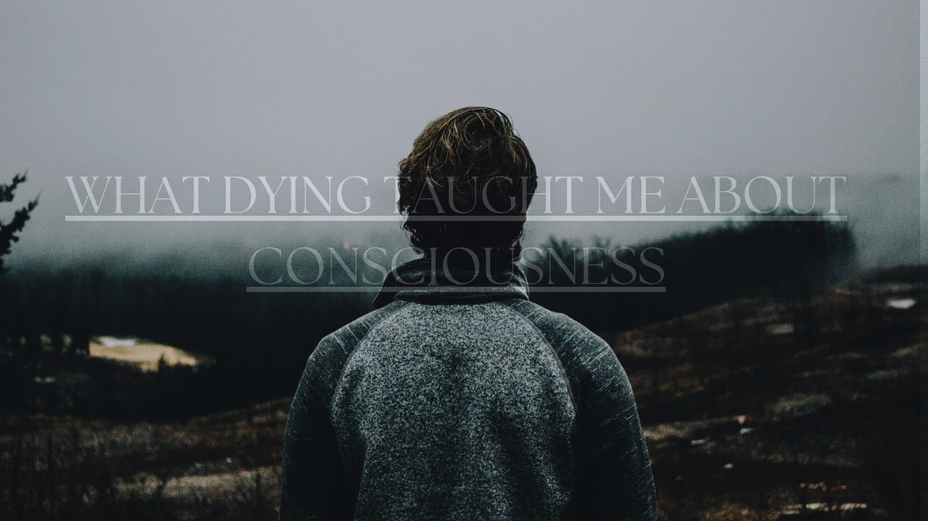It is clicking and I hope it stays.
Since my second brain injury it has been different how I can use my brain. I have now short term memory loss, more easily distracted by little stimuli, movement around, lights and sound or change in lights and sound… but most of all when trying to talk/communicate with anyone, words make me think other thoughts and forget what is going on.
My brain used to be over intensely exhausting from electrical output. My brain made too many connections at once, I saw everything from every single angle or point possible. I ran into problems of people not knowing what I talked about in conversation, because my first thoughts were 10 thoughts ahead of who I was talking to. I had to explain until they would say “ooooooohhhhhh” and they would have an “aha!” moment. I had more control in being able to keep my thought while helping someone get to theirs.
This was easier because I could keep dozens and dozens of trains of thought straight in my head. I didn’t forget. I always have a lot to say.
After injury, I get a lot of thoughts but they go away before I can try to remember or write down. If I try to speak out of my mouth, I get distracted by anything and it is gone.
Even with words hiding, I still feel all of the thoughts. I still have so much to say but not ways to say it and have deep conversations on it. It is lonely and exhausting. It is weird because I physically feel my thoughts, it is like the urge to make a quick witty joke at the right moment, but when you go to open your mouth to say it, no words come out. Everything inside was ready to speak, but my brain disconnects and I am left with a “just about to” feeling. Like something is forever right on the tip of your tongue, but can’t come out.
Now, I see more in my head than I have the words for. I say to people “my word bank is gone”, I still have some and have knowledge, but when I go to retrieve knowledge I have, my brain gets lost and I can’t find any of the words, but I can feel it.
What happens now is not words that come to me quickly or in response. Instead of words in my head I see pictures, video clip replays, some memories, colors, gestures, movements, charts, graphs, diagrams and more. The problem is, I do not have words for these things I see in my head, I cannot translate what I see into words.
What I see though is in direct response to what someone is trying to talk to me about. So I have times I know what is being talked about, have responses, but cannot translate to words.
I get frustrated a lot. I used to talk a lot and be able to help many people a day.
With my brain injury, when I have a change in any emotion at all, function goes down. When I get frustrated with all that I have to say but do not have access to the words, it then instantly drastically harder to try to speak. My speaking gets choppy and I think I sound like a baby, which frustrates me.
I ask “what should I do?” “What do I do when this happens?” My therapist tells me to write again.
Writing got fun for me just before my injury. I had mild brain damage from meningitis as a 6 month old. At 19 my psychiatrist ordered a QEEG to see if there was a physical reason my mental illnesses are so treatment resistant. We instantly found the brain damage from meningitis as a baby. Before knowing about the damage, I was blamed for not trying hard enough, not having enough self control, being too overdramatic, wanting attention, etc…but it was brain damage.
In 2021 I was 27. I had a breakdown and had a plan to take my life. I was sent inpatient and was assigned a doctor who coerced me and forced me to have electroconvulsive therapy. I had said no, and was told this was my option for treatment, or I could get released to go through with my plan.
After first ECT, I learned the excruciating pain it causes. It feels like what I imagine getting hit by a bus feels. Whole body feels like it was crushed and jelly. The jaw feels like a baseball bat full force at the hinges of the jaw.
Aside from pain, I was thinking responses in my head to nurses questions, in Spanish. I took Spanish throughout high school and into college.
The nurses thought I was speaking gibberish because they did not know Spanish, and put me to bed. I was forced to spend a month in the hospital getting these treatments.
It got better. Then instantly worse than before.
It got better because I had memory wiped and did not know traumas that happened to me anymore. Did not have societies thoughts in me anymore.
Was discharged from the hospital and medically abandoned, no follow up care, no answers to call backs requesting referral or asking where to go for help.
I started to notice after 8 weeks, what was lost was not coming back. More issues communicating and with memory, have never been able to contact Doctor who did this to me. Was told by many random doctors after, that what I described “can’t happen”, but it did happen.
I used to be able to bring these writings more full circle, for now I will just be proud of what I was able to write today.

